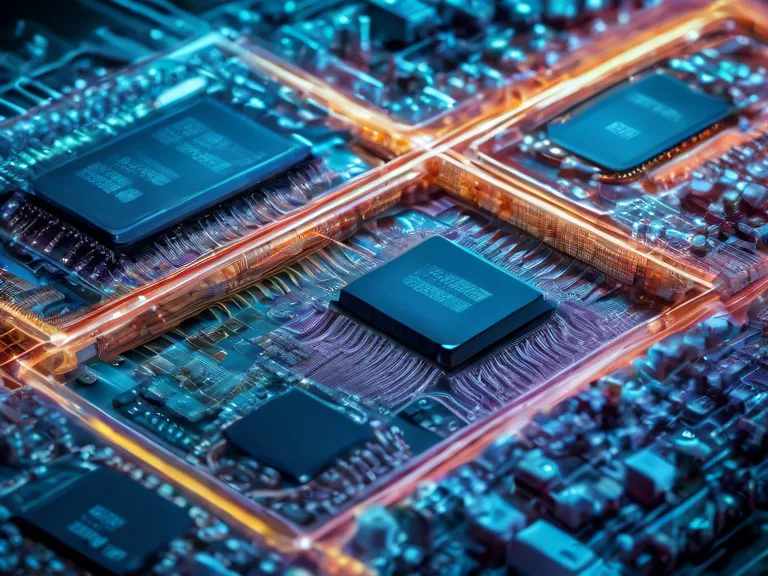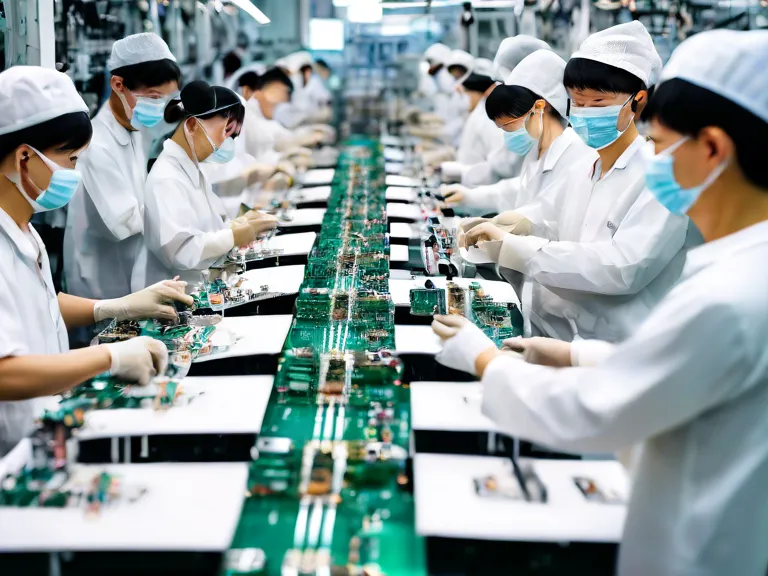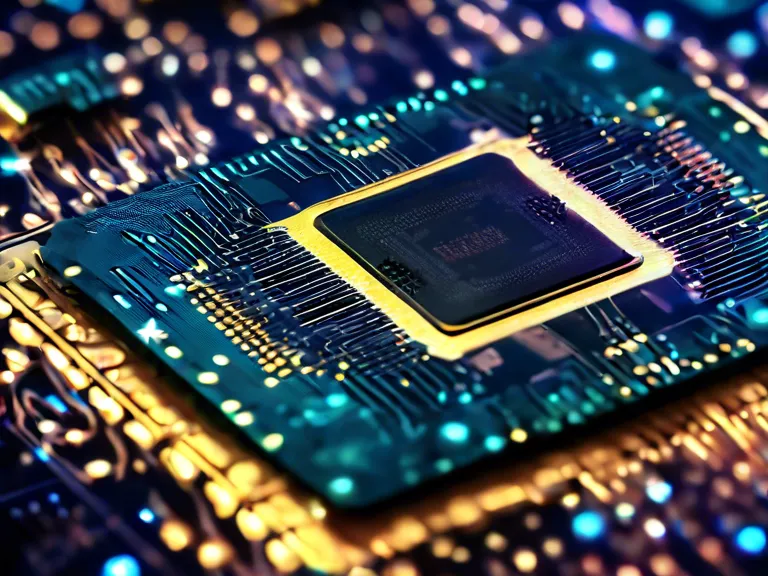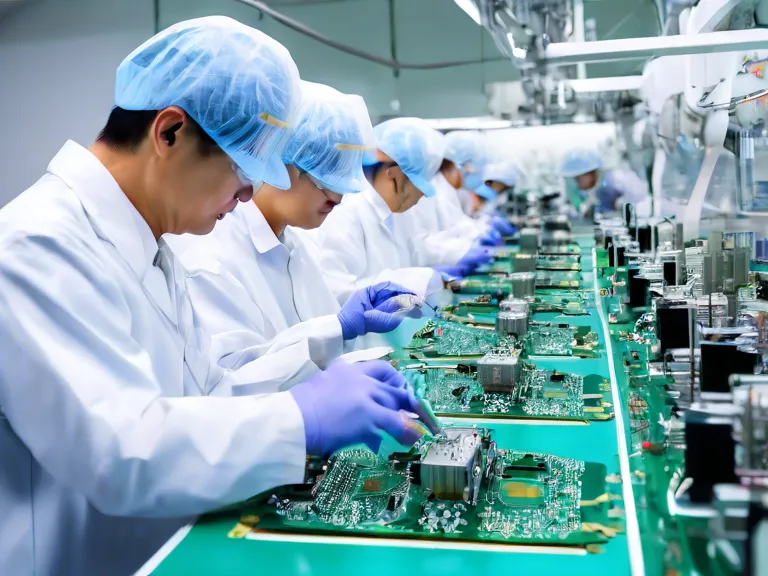
The Global Semiconductor Supply Chain: Future Trends and the China-Taiwan Dynamic
In recent years, the semiconductor industry has become a crucial component of the global economy, powering a wide range of devices from smartphones to self-driving cars. As demand for increasingly advanced and efficient chips continues to grow, understanding the dynamics of the semiconductor supply chain has never been more important.
One of the key players in the global semiconductor supply chain is Taiwan, home to some of the world's largest semiconductor manufacturers, including TSMC and MediaTek. Taiwan's semiconductor industry has long been a driving force in the global market, with the island nation accounting for a significant share of the world's semiconductor production.
However, Taiwan's position in the semiconductor supply chain is not without its challenges. One of the biggest threats to Taiwan's dominance in the industry comes from China, which has been aggressively ramping up its own semiconductor production in recent years. As China seeks to become more self-reliant in chip manufacturing, it has been investing heavily in its domestic semiconductor industry, putting pressure on Taiwan's market share.
The China-Taiwan dynamic in the semiconductor industry is a complex one, with both countries jockeying for position in a fast-evolving global market. While Taiwan remains a leader in cutting-edge chip manufacturing, China's massive market size and government support pose a significant challenge to Taiwan's dominance.
Looking ahead, the future of the global semiconductor supply chain will likely be shaped by a variety of factors, including technological advancements, geopolitical tensions, and shifting consumer demands. As countries around the world compete for a larger share of the semiconductor market, it will be interesting to see how the China-Taiwan dynamic continues to evolve.



